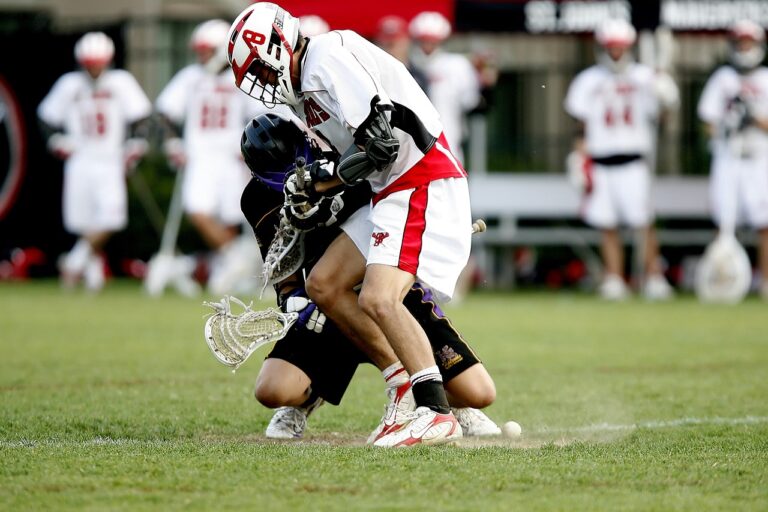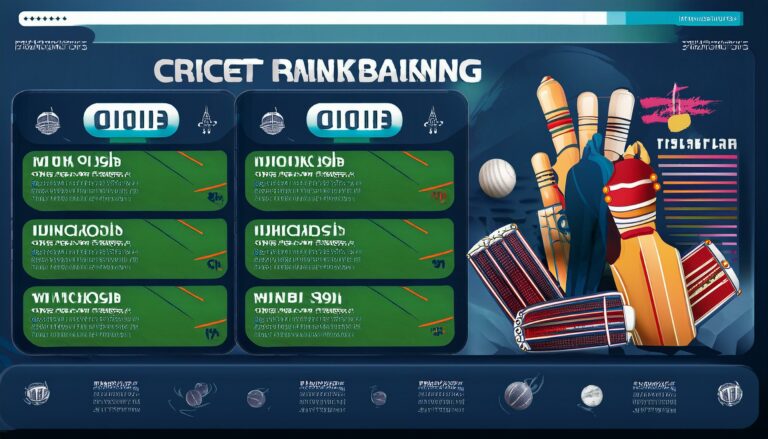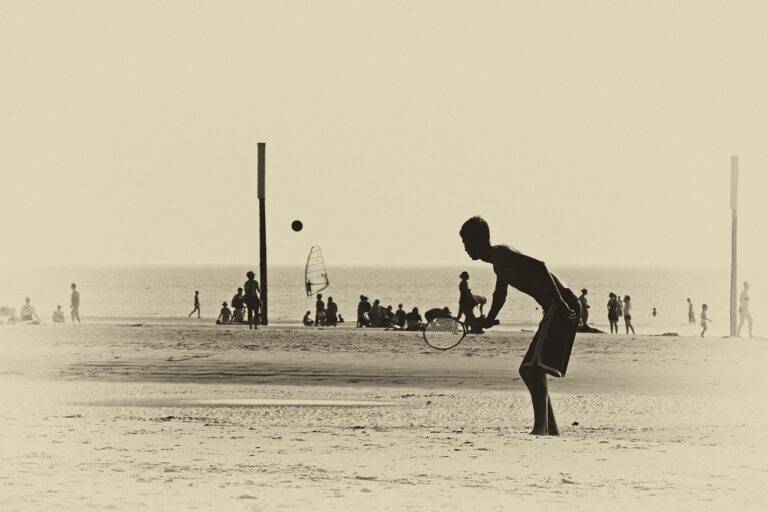The Effect of IPL Match Player Restorative Justice Practices for Conflict Resolution
Restorative Justice provides a fresh perspective on resolving conflicts that arise during intense IPL matches. This approach focuses on understanding the underlying reasons behind the conflict and working towards repairing the harm caused. By encouraging open communication and active listening, restorative practices pave the way for players and teams to address issues in a constructive manner, fostering a sense of accountability and mutual respect.
In the world of sports, where emotions can run high and tensions can escalate quickly, the implementation of restorative justice techniques offers a valuable tool for conflict resolution. By promoting dialogue and empathy, this method aims to not only resolve immediate disputes but also build stronger relationships among players, coaches, and officials. In IPL matches, where competition is fierce and stakes are high, incorporating restorative justice principles can lead to a more positive and harmonious sporting environment for all involved.
The Importance of Restorative Justice in Sports
Restorative justice in sports aims to repair harm, foster understanding, and promote healing among individuals involved in conflicts on and off the field. By focusing on restoring relationships and addressing the root causes of disputes, restorative practices offer a transformative approach to conflict resolution that goes beyond mere punishment. In the context of sports, where emotions run high and competition can escalate tensions, the principles of restorative justice provide a framework for promoting accountability and reconciliation.
Through restorative justice, athletes, coaches, and other stakeholders in the sports community have the opportunity to engage in meaningful dialogue, take responsibility for their actions, and work towards repairing the harm caused by conflicts. This process not only offers a more humane and empathetic response to wrongdoing but also helps to create a more positive and inclusive sporting environment where individuals can learn from their mistakes and grow both personally and professionally. The emphasis on communication, empathy, and mutual respect inherent in restorative justice aligns with the core values of sportsmanship and fair play, making it a valuable tool for promoting ethical behavior and resolving conflicts in the world of sports.
Restorative justice in sports aims to repair harm, foster understanding, and promote healing among individuals involved in conflicts on and off the field.
It focuses on restoring relationships and addressing the root causes of disputes rather than just punishment.
In high-emotion and competitive environments like sports, restorative practices offer a transformative approach to conflict resolution.
Athletes, coaches, and other stakeholders can engage in meaningful dialogue, take responsibility for their actions, and work towards repairing harm through restorative justice.
This process promotes accountability, reconciliation, personal growth, and a more positive sporting environment.
The emphasis on communication, empathy, and mutual respect aligns with core values of sportsmanship and fair play.
Addressing Conflict in IPL Matches through Restorative Practices
Restorative practices have gained recognition in the realm of sports, especially in high-intensity leagues like the Indian Premier League (IPL). In the context of IPL matches, conflicts often arise due to the competitiveness and passion of players, coaches, and fans. These conflicts can lead to strained relationships, negative impact on team dynamics, and even escalate into on-field altercations. It is imperative to address these conflicts promptly and effectively to maintain the spirit of the game and uphold sportsmanship values.
Through restorative practices, IPL teams and stakeholders have the opportunity to engage in open dialogues, active listening, and collaborative problem-solving. By creating a safe space for all parties involved to express their perspectives and feelings, restorative justice allows for the resolution of conflicts in a constructive manner. This approach not only helps in repairing relationships and rebuilding trust but also fosters a sense of accountability and mutual respect among individuals within the IPL ecosystem.
What is restorative justice and how does it apply to IPL matches?
Restorative justice is a concept that focuses on repairing harm caused by conflict through communication, empathy, and understanding. In the context of IPL matches, it can be used to address conflicts between players, coaches, and officials in a constructive and respectful manner.
Why is restorative justice important in sports?
Restorative justice promotes accountability, fairness, and positive relationships among individuals involved in sports. It can help prevent further conflict, build trust, and foster a sense of community within the sporting environment.
How can restorative practices help address conflict in IPL matches?
Restorative practices such as facilitated dialogues, mediation, and restorative circles can provide a safe and structured space for individuals to discuss their concerns, feelings, and perspectives. This can lead to mutual understanding, resolution of conflicts, and improved relationships among stakeholders in IPL matches.
Can restorative practices be effective in resolving conflicts in high-pressure situations during IPL matches?
Yes, restorative practices can be effective in resolving conflicts in high-pressure situations as they focus on understanding the root causes of conflicts, encouraging open communication, and finding mutually agreeable solutions. By promoting empathy and cooperation, restorative practices can help de-escalate tensions and prevent conflicts from escalating further.







